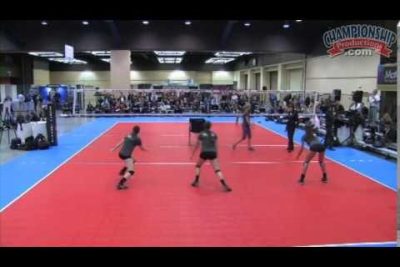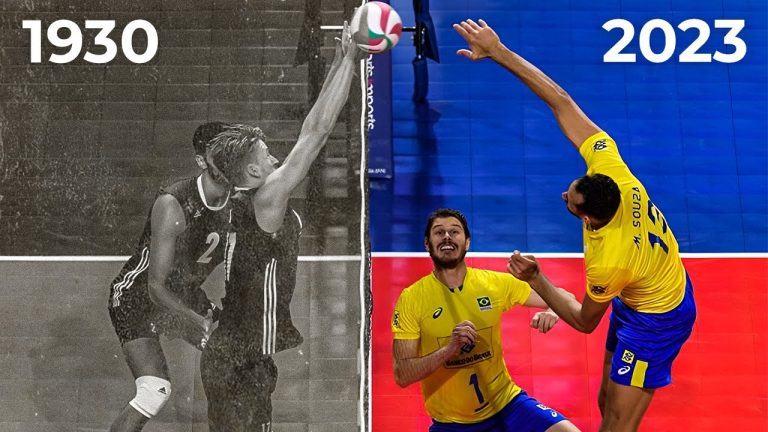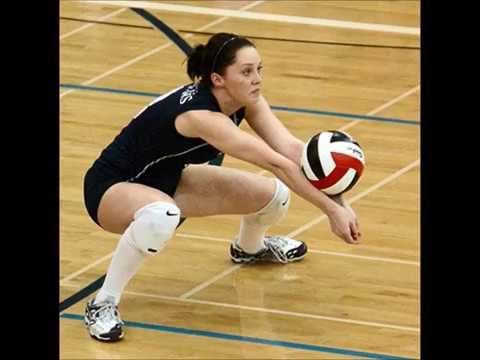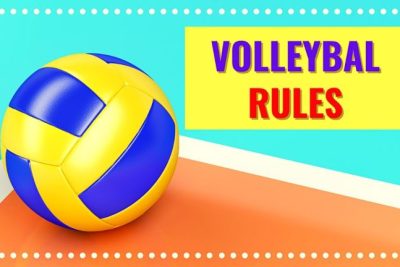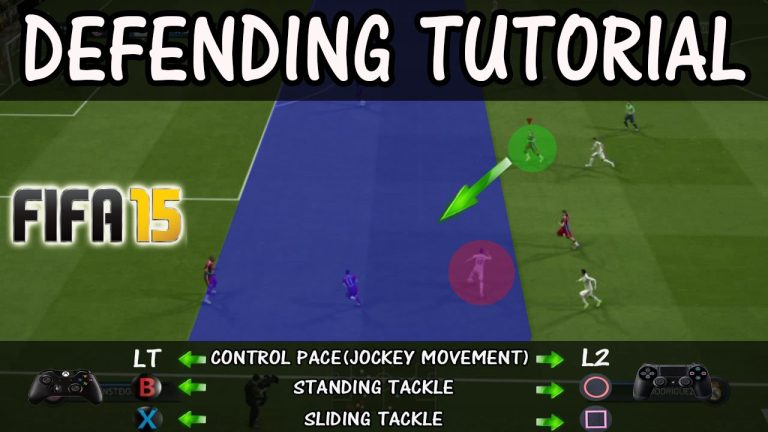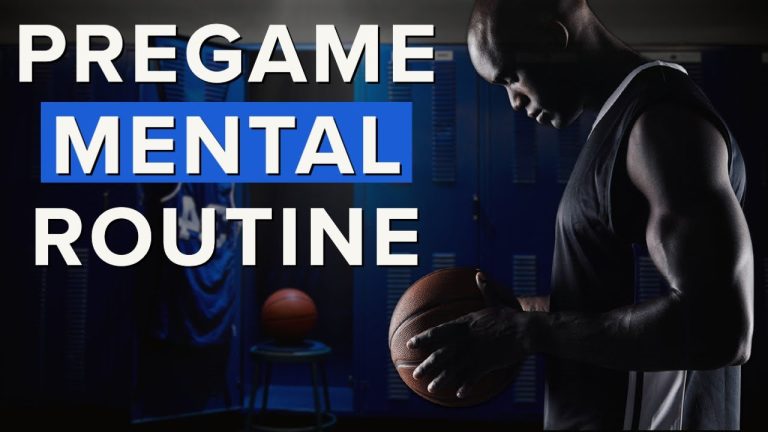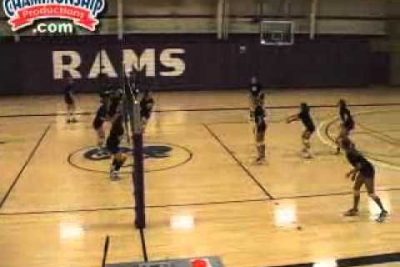
Communication skills are the lifeblood of any successful volleyball team. In the fast-paced and dynamic nature of the game, effective communication is essential for players to coordinate their movements, make split-second decisions, and ultimately achieve victory. From calling out plays and setting strategies to providing constant support and encouragement, strong communication creates a seamless flow on the court and maximizes team synergy. In this article, we will explore the vital role that communication skills play in volleyball and how they can be honed to elevate the performance of every player.
- Effective communication skills are essential in volleyball to coordinate with teammates and execute successful plays. This involves clear and concise verbal communication to call out plays, positions, and strategies in real-time during a match.
- Non-verbal communication skills, such as hand signals, eye contact, and body language, play a crucial role in volleyball. These non-verbal cues are used to convey messages quickly and efficiently, allowing teammates to anticipate each other’s moves and react accordingly.
Why is communication considered significant in the sport of volleyball?
In the fast-paced and dynamic sport of volleyball, effective communication amongst teammates is of utmost importance. It serves as the foundation for a successful partnership, allowing players to establish their expectations and synchronize their movements on the court. What makes communication even more critical is the understanding that it doesn’t require finding a partner who communicates in the same way as you do; rather, it demands an open mind and a willingness to adapt and collaborate. By fostering clear and concise communication, volleyball teams can enhance their coordination, anticipate each other’s actions, and ultimately achieve their goals together.
What strategies can be implemented to prevent miscommunication in volleyball?
To avoid miscommunication in volleyball, it is crucial to establish clear and concise communication. In the fast-paced environment of the game, using simple and direct language is key to effectively convey information to your teammates. By avoiding unnecessary words or complex instructions, you can prevent confusion and ensure that everyone is on the same page.
What does communication skills in sport refer to?
Communication skills in sport refers to the ability of coaches to effectively convey their messages and instructions to their athletes. Good coaches understand the importance of active listening, empathizing with their athletes, and speaking clearly and concisely. By employing these communication strategies, coaches can ensure that their athletes fully understand their expectations and goals, leading to improved performance and teamwork. However, it is important to note that in high-pressure situations or moments of conflict, some coaches may resort to yelling, reprimanding, or criticizing their athletes. While these behaviors may be a result of the coach’s passion and desire for success, it is essential for coaches to find alternative ways to communicate and motivate their athletes, fostering a positive and supportive team environment.
Effective communication skills in sport are vital for coaches to effectively convey their messages and instructions to their athletes. Coaches who actively listen, use empathetic language, and speak clearly are more likely to foster understanding and cooperation within their team. By utilizing these communication strategies, coaches can ensure that their athletes fully comprehend their expectations and goals, leading to improved performance and team dynamics. However, it is crucial for coaches to be mindful of their behavior in high-pressure situations or moments of conflict. Instead of resorting to yelling, reprimanding, or criticizing, coaches should seek alternative methods to communicate and motivate their athletes, creating a positive and supportive team atmosphere that encourages growth and success.
Spike Your Communication Skills: Mastering Volleyball Techniques
Are you ready to spike your communication skills and master volleyball techniques? Effective communication is key to successful teamwork on the volleyball court. By honing your communication skills, you can enhance your ability to coordinate with your teammates, anticipate their moves, and execute flawless plays. Whether it’s calling out plays, giving clear instructions, or providing timely feedback, strong communication can make all the difference in your game. Take your volleyball skills to the next level by mastering the art of effective communication.
With the right communication techniques, you can take your volleyball game from good to great. Clear and concise communication is essential for effective teamwork on the court. By using simple and direct language, you can ensure that your message is easily understood and acted upon by your teammates. Additionally, active listening plays a crucial role in improving communication skills. By actively listening to your teammates and coaches, you can better understand their needs and respond accordingly. So, start honing your communication skills today and watch as your volleyball game reaches new heights.
Setting up Success: The Power of Effective Communication in Volleyball
Setting up Success: The Power of Effective Communication in Volleyball
In the world of volleyball, effective communication is the key to success. It is not enough to have skilled players and a well-coordinated team if there is a lack of clear and concise communication on the court. Effective communication allows players to anticipate each other’s movements, make split-second decisions, and execute strategies flawlessly. Whether it’s calling out plays, signaling for a set, or providing constant encouragement, strong communication creates a cohesive unit that can overcome any challenge.
One of the most crucial aspects of effective communication in volleyball is the ability to read and understand non-verbal cues. Players must be attuned to their teammates’ body language, eye contact, and hand signals to quickly and accurately interpret their intentions. This silent form of communication is especially vital in high-pressure situations where verbal communication may be drowned out by the noise of the crowd. By developing a strong non-verbal communication system, teams can maintain a seamless flow of information and execute their game plan with precision.
Another essential aspect of effective communication in volleyball is active listening. Players must not only be able to communicate their own thoughts and ideas but also actively listen to their teammates. This means paying close attention to verbal cues, reading between the lines, and responding appropriately. Active listening fosters trust and understanding among teammates, as each player feels heard and valued. It also allows for quick adjustments to be made during a game, as players can offer suggestions and feedback in real-time, leading to improved teamwork and better overall performance.
In conclusion, effective communication is the backbone of success in volleyball. It goes beyond simply talking and listening; it requires an understanding of non-verbal cues, active participation, and a commitment to constant improvement. With strong communication skills, a volleyball team can overcome any obstacle, work seamlessly together, and achieve greatness on the court.
In the fast-paced world of volleyball, communication skills play a crucial role in the success of a team. Effective communication enables players to coordinate their movements, anticipate each other’s actions, and make split-second decisions. Without clear and concise communication, the game can quickly become chaotic and uncoordinated. By honing their communication skills, volleyball players can elevate their performance and work seamlessly as a cohesive unit. Whether it’s through verbal cues, hand signals, or even just a knowing glance, effective communication is the secret weapon that sets apart winning teams from the rest.

